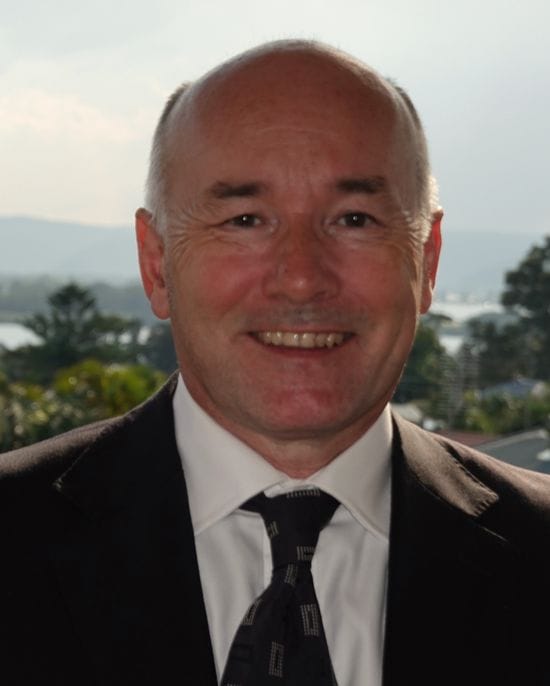Council Management to Blame for Blow Out in DA Assessment Times

By Kevin Brooks, a former elected Council
Leader from the UK. He is a retiree having
worked in senior positions in the public
and private sectors, including global banks
The fourth quarter of 2020/21 was a momentous time for Central Coast Council.
It was the quarter in which Administrator Rik Hart and CEO David Farmer commenced their new roles at the top of the organisation.
It was also the quarter in which the first of three rate hike applications was approved. Revenue from rates is now on course to be over 40% higher by 2024/25.
And Q4 2020/21 was also when the mean time for assessing development applications was 59 days.
Since then, it has blown out to a staggering 126 days.
The average assessment time has doubled since Messrs Hart and Farmer were appointed and commenced their strategy of aggressive rate hikes.
Which shows that throwing ever more ratepayers’ money at poorly performing and inefficient organisations doesn’t deliver improved performance.
Management, productivity, culture, and prioritisation are more important.
What has gone wrong?
So, what has gone wrong with the processing of development applications?
Start with Mr Hart’s 2020/21 restructure and voluntary redundancy program.
Nothing wrong with that in principle after an unwarranted 33% increase in employee costs in the previous three years.
The poorly designed VR program was, however, applied evenly across the organisation. It took no account of strategic and community priorities.
High priority areas were cut just as much as lower priority areas – leading to a loss of experienced planners.
The Director of Planning at the time was asked to explain the impact of the restructure on his Department at a Council meeting on 23 March 2021.
He replied: “In terms of reductions to levels of service, the key service reductions will be in the assessment of DAs and planning proposals.”
He wasn’t wrong!
What doesn’t get measured doesn’t get managed
Central Coast Council is not good at prioritisation, nor is it usually good at performance monitoring.
Unusually, however, Council did back then produce a reasonable DA performance report.
At the July 2022 Council meeting, this report highlighted deteriorating performance and prompted (as it should) discussion about causes and solutions.
In response, Administrator Rik Hart announced significant numbers of new staff (permanent and contract) to work on DAs – without mentioning, of course, the experienced staff recently departed with ratepayer funded redundancies.
He told the meeting: “I’m certainly hopeful we will see a big improvement, and if we don’t, I will have to ask the reason why?”
Sadly, the mean processing time blew out a further 44%, but Mr Hart never got to ask why because the DA Performance Report was abolished.
Those seeking DA data must now navigate the State Government Planning Portal (which isn’t reported to Council meetings for discussion), or rummage through the 100-page attachments to Council Business Reviews containing some (but nowhere near all) the information once provided in succinct DA performance reports.
Council prefers to focus on “achievements” than poor performance.
Which is why ratepayers must now bear the cost of increased Council legal fees as developers head for the Land and Environment Court to pursue time expired deemed refusals.
Once again, Central Coast is losing out due to a Council seemingly bereft of basic business skills and disciplines.
| Posted in: Council News |


